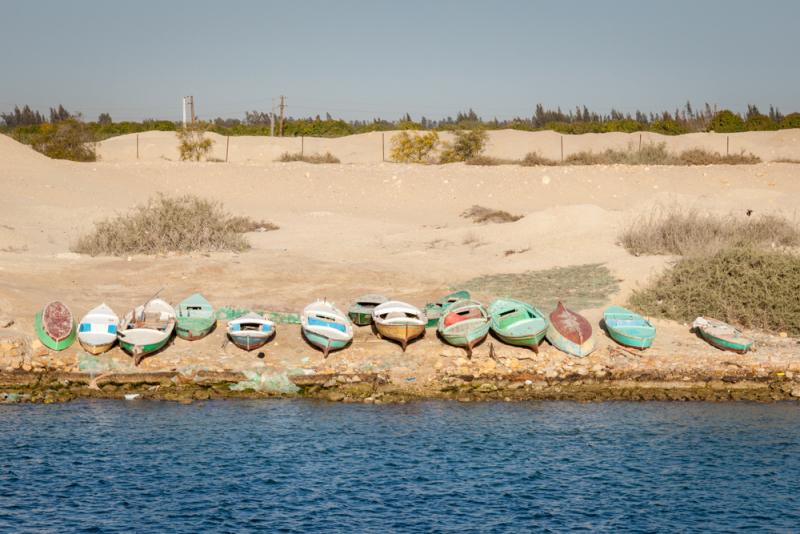
The work program for Egypt will focus on development of air emission accounts, waste accounts, and coastal ecosystems accounts. In Morocco, the priority will be on forests, coastal and marine ecosystem services, climate change, and cultural services/nature tourism.
Following a call for proposals within the World Bank, WAVES will give Targeted Technical Assistance (TTA) to Nepal, Madagascar, and the West Africa Coastal Areas Management Program (WACA). These will be in addition to the four countries in East Asia chosen in the previous round — Myanmar, Lao PDR, Cambodia, and Vietnam — focusing on ecosystem accounts.
In Nepal, the TTA will support the assessment of the monetary values of forest ecosystem services. These values will inform the development of a compensation scheme for forest land diversion for development projects. This will help the Government of Nepal set priorities for accelerating sustainable growth, with a focus on further developing the natural resource sectors and reducing the cost of environmental degradation.
The TTA in Madagascar will support modeling of selected ecosystems to value services like food provisioning, erosion control, carbon storage, and biodiversity.
In addition to the countries, WAVES is supporting WACA program, a major World Bank initiative to help West African countries save the social and economic assets of their coastal areas, addressing the risks and coastal erosion and flooding. A previous study funded by WAVES had focused on Togo, Mauritania, and Benin. This TTA will support Nigeria to value key ecosystem services in coastal areas using land-use/land cover accounts.
TTAs are attractive to the governments and World Bank country teams since they are designed to generate first insights on the importance of natural assets and ecosystem services for specific projects or policies.
WAVES partnership now has eight core implementing countries – Uganda, Zambia, Rwanda, Indonesia, Guatemala, Kyrgyz Republic, Egypt, and Morocco and seven TTAs - Myanmar, Lao PDR, Cambodia, Vietnam, Nepal, Madagascar, and WACA .
Looking ahead, the World Bank has started a new initiative, the Global Program on Sustainability (GPS), that will succeed WAVES in the next few months. GPS expands the work initiated by WAVES to apply a `sustainability’ lens to a wide range of decision-making processes by the public and the private sector alike in developing countries. This program is structured around three interconnected pillars of engagement (information, implementation, and incentives), thereby providing a mechanism to continue fostering sustainable development and finance.
